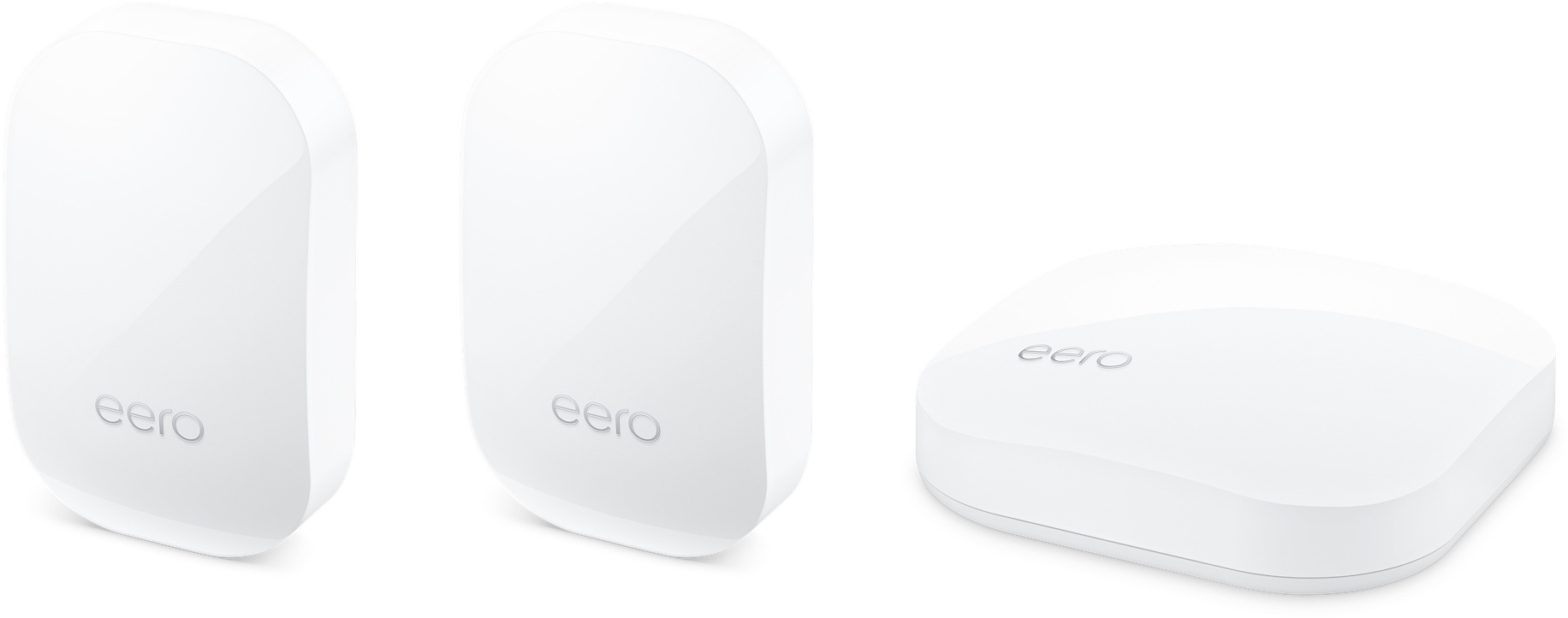Why apple chose to leave this money on the table and leave this sector to make more watchbands and cases or whatever is beyond me.
The "swap" here is not for watchbands. More so it likely is AppleTV and HomePod.
Why they got out is somewhat that there really wasn't money on the table. If your ISP provider give you a WiFi router for "free" ( contractually bury it into the base price) then primarily competing with something that people already have. IPTV from internet provider is only going to muddle that a bit more ( where VLAN and/or assign that data to different metering and/or QoS ).
Some of the same drama is coming to AppleTV and ( a bit less direct ) to HomePod . Apple TV gets to move the primary app and content services to other platforms. Apple really can't move a HomeKit Router Security app over to a 3rd party router.
At the core AppleTV and HomePod are running 'fork' of iOS. Both at this point on on tvOS. ( versus NetBSD/FreeBSD , VxWorks , or some other non homegrown Apple operating system based on Dwarin/Mach baseline that everything else uses ). [ Similarly was Apple going to make a "router" SoC from a fork of the A-series processor? Probably not. Vast majority of consumer routers have some router product SoC in them. ]. So Apple sells more of their own processors ( largely as unchanged "hand me downs" ... so development is basically already paid for. ) with their own OS with this new path.
The other major factor is Apple sold mid-high priced routers when that was relatively rare. Now there is a "war" of who can build the most expensive routers with every feature checked and present. $600-700 WiFi 6 + Mash + MultiGigabit WAN interface. Right now it would be a far more crowded space for a very "sleepy" product that evolved at glacial pace ( many , many year between updates). [ Macs are stuck on WiFi 5. Apple is moving more than market slow there ( even AMD laptops are tossing in Intel WiFI 6 to keep pace) . If they were also doing that in the router space they'd be getting run over in the space they were trying to be in before. ] If Plume , Eero , Google/Nest WiFi , Orbi , Amplifi/Ubiquiti , and some other higher end products from other broad range vendors were alll doing a bad job there would be a bigger window for Apple.
In terms of back up services, there was a fork to the cloud. And Apple chucked AFS ( and any Samba SMB stack went out the window with its adoption of GPL3. ). Conceptually though they could put that back with always one HomeKit hub with an attacked drive. But pointing folks at off site backups gets more redundancy ( versus no RAID 1 or better ) and disaster recovery built into the service. So in the "Time Capsule" variant was under competitive distress also.
Apple doesn't make printers anymore either ... and that isn't exactly killing their revenue or earnings. Trying to sell everything to everybody doesn't necessarily make you more money in the long term.
if AppleTV and/or HomePod crashes and burns may Apple take a looking at very much larger pile of RF engineering and radio base band processor folks they have now along with end devices with 6-7 MIMO channels they have to deal with and say... they want to put a deeper footprint into the business, then maybe. But if Apple can get having a always on HomeKit hub with value add services off the ground that will be a better position than trying to "gateway" path to the boarder Internet ( and tasked with keeping the bad stuff out or getting out from the inside. )



